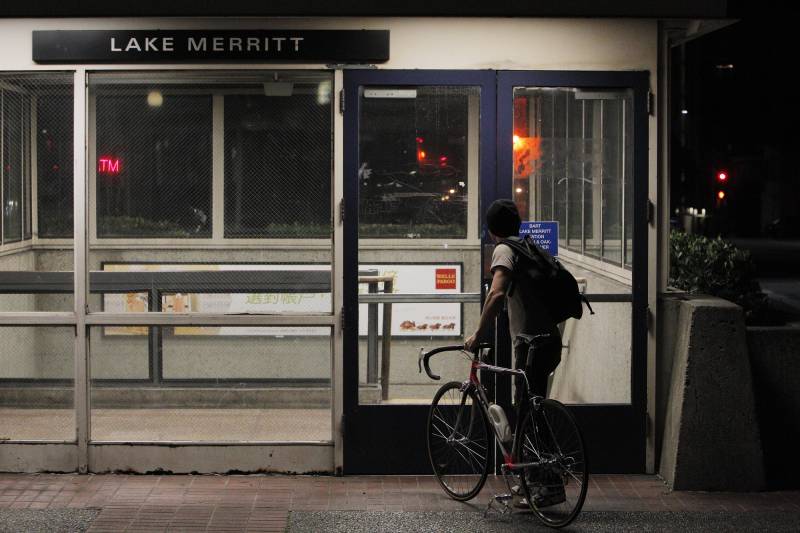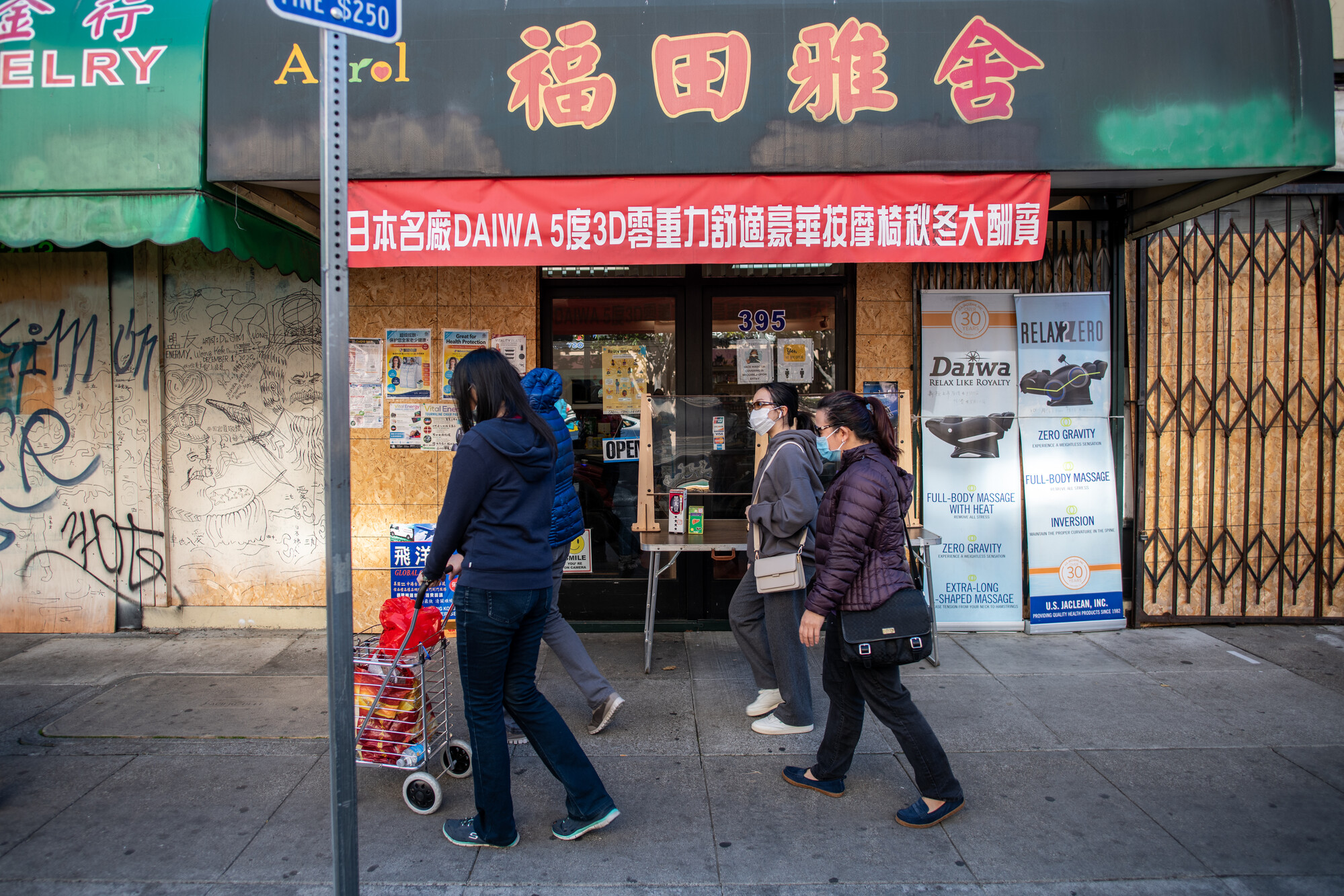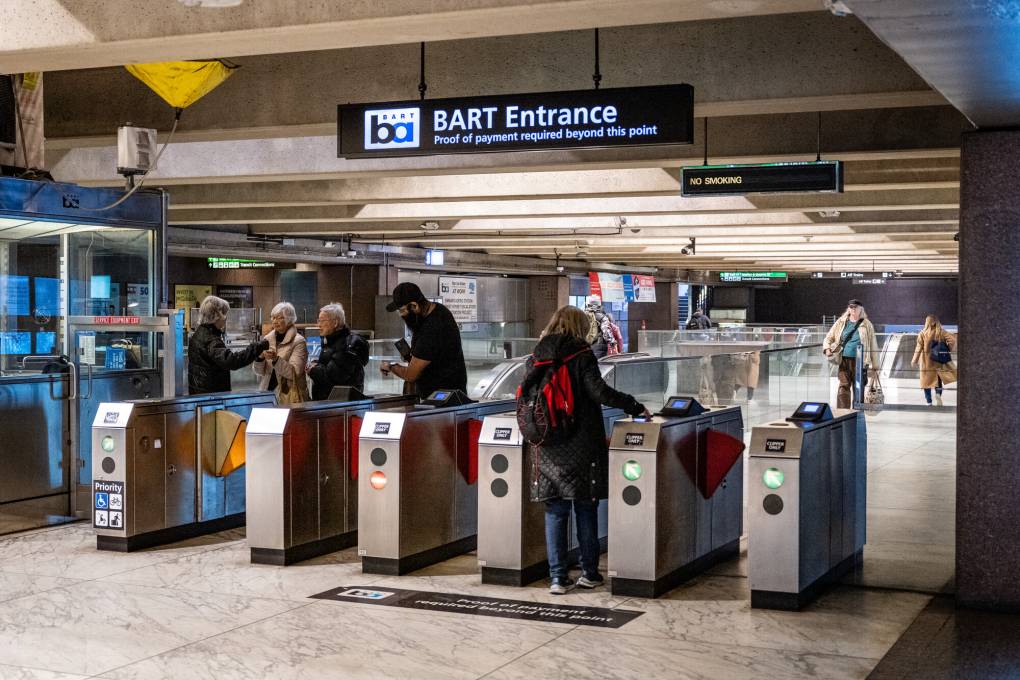Meanwhile, BART is facing a bleak fiscal future as ridership has failed to recover to pre-pandemic levels and federal and state emergency assistance from the pandemic is set to dry up by the end of next year. The agency is projecting a $385 million budget deficit for the 2026 fiscal year.
Raburn sees the renaming as a crucial part of the new housing development at the station.
“I think it’s a good investment to provide the change now and say that by the time it’s occupied, it will be renamed,” Raburn said. “That gives the developer something to share with potential investors, to somebody that might want to build a hotel or offices in Oakland Chinatown. I think those are the kinds of things that can pay dividends in the long run for BART.”
Board policy also calls for a robust community engagement process to rename a station, including at least three public workshops and endorsements from affected local bodies. Although the Lake Merritt renaming has garnered enthusiastic support from community members in BART board meetings and is endorsed by the Oakland Chinatown Chamber of Commerce and the Oakland Chinatown Improvement Council, BART staff said that requirement had so far not been fulfilled.
In the end, board member Saltzman introduced a substitute motion, supporting the intent to change the station name, subject to identifying an applicant who would fund the project, and conducting proper outreach. The motion was approved unanimously.
BART staff said they are aware of at least two other station renaming requests, including one from the family of Oscar Grant, who was shot and killed by BART police on New Year’s Day 2009 at Fruitvale Station, to rename it after Grant.
Staff also said the city of Berkeley has expressed interest in renaming Ashby Station to South Berkeley Station.


